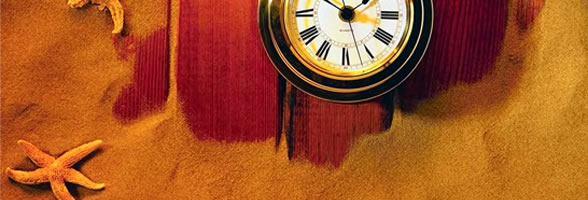
In the Name Of Allah Most Benificial and Most Merciful
Civil Law
The laws were a Civil Law rather than a Criminal Law code, concerned with the payment of compensation for harm done and the regulation of property, inheritance and contracts: the concept of state-administered punishment for crime was foreign to Ireland's early lawmakers. They show Ireland in the early medieval period to have been a hierarchical society, taking great care to define social status, and the rights and duties that went with it, according to property, and the relationships between lords and their clients and serfs.
Women and marriage
Irish society was male-dominated, but women had greater freedom, independence and rights to property under the Brehon Laws than in other European societies of the time. Divorce was provided for on a number of grounds, after which property was divided according to what contribution each spouse had made to the household. A husband was legally permitted to hit his wife to "correct" her, but if the blow left a mark she was entitled to the equivalent of her bride-price in compensation and could, if she wished, divorce him. Property of a household could not be disposed of without the consent of both spouses. However, women were still largely subject to their fathers or husbands and were not normally permitted to act as witnesses, their testimony being considered "biased and dishonest".
Kingship
The basic unit of political organization provided for was the ''tuath'' (tribal or petty kingdom), headed by a ''rí'' (monarch or king). Kingship of a ''tuath'' was not inherited by primogeniture: the aristocracy of the tribe would elect a new king from a number of eligible candidates. Any adult male who was the son, grandson or great-grandson of a previous king, in direct male line, was eligible. Often, a king would choose a ''tanistry or tánaiste'' (heir apparent, literally "second") who would be best placed to succeed at his death. Kings were themselves subject to the law and had little power to create laws or issue edicts except in emergencies.
These ''tuatha'' were, by convention, grouped into four over-kingdoms or provinces: ''Laighin'' (present day Leinster), ''Ulaidh'' (Ulster), ''Muman'' (Munster), and ''Connachta'' (Connacht). Each province had a king, normally chosen from among the kings of the ''tuatha'', who exercised some power over the other kings in the province. The provincial kings were supposedly subject to a List of High Kings of Ireland, who ruled from Hill of Tara in the "fifth royal province" of ''Mide'' (present day County Meath)
Clientship
A member of the property-owning classes could advance himself by becoming a "free client" of a more powerful lord. The lord would make his client a grant of property (sometimes land, but more usually livestock) for a fixed period of time. The client would owe service to his lord, and at the end of the grant period would return the grant with interest. Any increase beyond the agreed interest was his to keep. This allowed for a certain degree of social mobility as an astute free client could increase his wealth until he could afford to have clients of his own, thus becoming a lord in his own right.
A poorer man could become a "base client" by selling a share in his honor-price, making his lord entitled to part of any compensation due him. The lord would make him a smaller grant of land or livestock, for which the client would pay rent in produce and manual labor. A man could be a base client to several lords simultaneously.
Decline of the Brehon Laws
The laws fell into disuse after Ireland was progressively divided over the years into Norman-controlled zones, one English-controlled zone (The Pale), and native Irish kingdoms. Although the Norman barons eventually adopted Irish culture and Irish language and married in with the native Irish, Ireland remained divided between Norman-Irish kingdoms and Gaelic-Irish kingdoms. Due to this, the Brehon Laws would never be readopted on an official basis, although some modernized concepts survive in the laws of the Republic of Ireland.
Source: Wikipedia. All text is available under the terms of the GNU Free Documentation License (see Copyrights for details).
